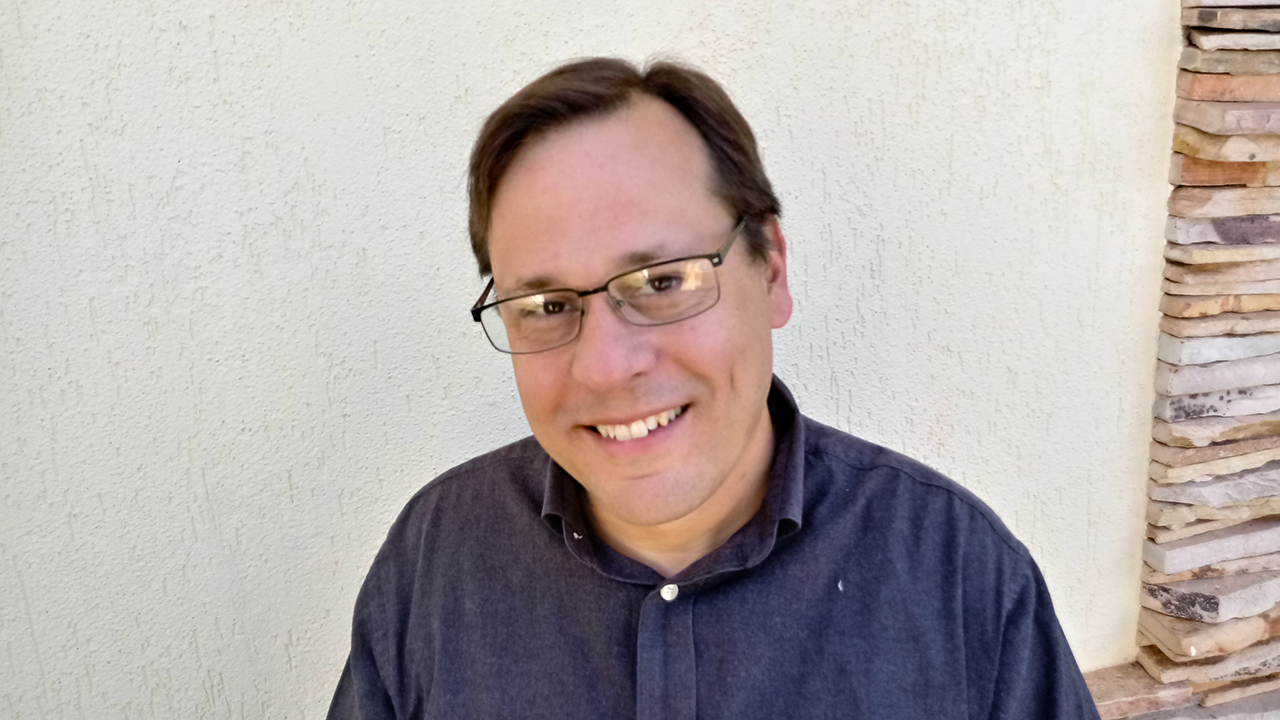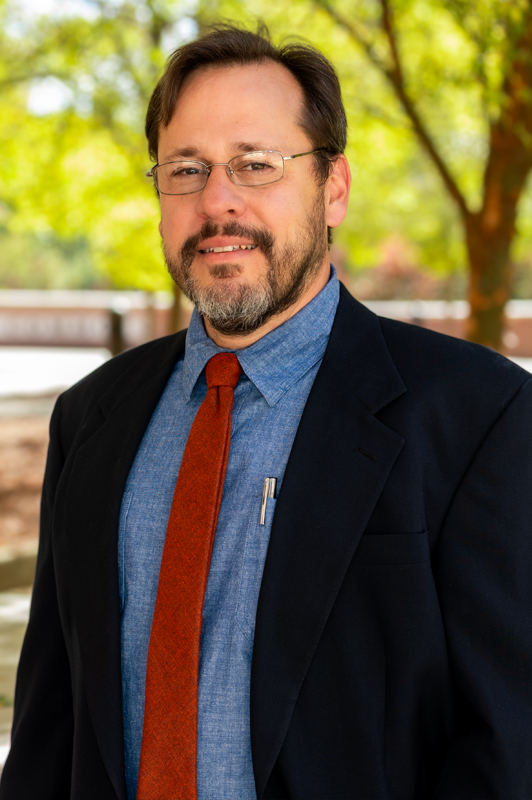Hydrology professor receives $800K NSF grant to research urban stormwater management
Published: Oct 29, 2021 9:00 AM
By Jeremy Henderson
Thanks to intense and spatially heterogeneous rain events, fast-pace urbanization and complex drainage infrastructure, stormwater management in urban communities is growing more complicated by the year. Jose Vasconcelos thinks his investigations into Adverse Multiphase Flow Interactions (AMFI), a poorly understood phenomena caused by the entrapment of air within stormwater systems during periods of extreme rain, can help change that trend.
Vasconcelos, associate professor of hydraulics and hydrology in the Department of Civil and Environmental Engineering, will serve as principal investigator (PI) on a new, nearly $800,000 National Science Foundation (NSF) grant for research into AMFI. Other partners include the University of Texas-Austin and the University of Wisconsin-Madison, in municipal collaboration with San Francisco, California, Columbus, Ohio and Chicago, Illinois.
"Urban stormwater infrastructure will need a multi-billion-dollar investment in the coming years, and challenges associated with increased urbanization and climate change have created more intense inflows than current design guidelines can handle safely," Vasconcelos said. "This research will look into a class of damaging problems in stormwater infrastructure that are largely ignored by practitioners and designers. Our team, working in cooperation with various U.S. cities, will hopefully present a much more detailed framework and better understanding of the physics of unsteady, two-phase flows in urban water systems, with the goal of improving future designs."
While the impact of operational issues such as stormwater “geysers,” inlet cover displacements and structural damage to pavements have been reported since the 1980s, Vasconcelos says that the changes in the intensity of rainfall, increased urbanization and lack of appropriate design guidelines that accommodate air and water interactions have worsened these issues.
"I have been working in this area for many years, and have been collaborating with researchers across the world in improving our understanding on unsteady, two-phase flows in urban stormwater systems," he said. "Our team articulated a number of fundamental research questions that were relevant in the context of modern civil infrastructure systems, and that we are grateful resonated with the goals of the NSF. We look forward to our research outcomes."
Vasconcelos said that, specifically, Auburn's portion of the research will essentially focus on numerical simulations that will involve fundamentals of fluid mechanics, computational fluid dynamics tools and system-wide computational hydraulic tools.
"These research tasks will mainly support one doctoral student," Vasconcelos said. “Moreover, working in synergy with the other two university research partners, our students and PIs will participate in yearly workshops hosted in each of the three institutions to ensure that they have a clear perspective of the research in the optics of the other two research partners. This will certainly be a rewarding experience for all students and professors involved in the work."



